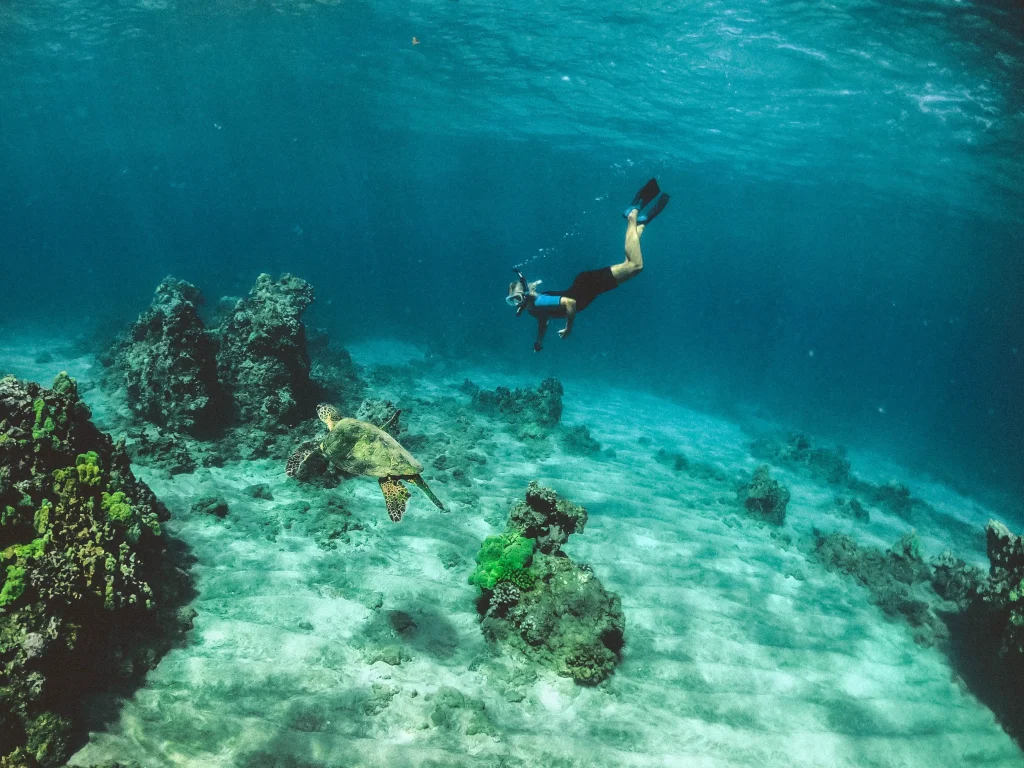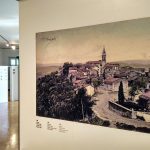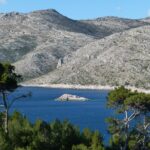Did you know that there’s no specific word for snorkeling in the Croatian language? Now that you do, it shouldn’t come as a surprise that so far, not much thought has been given to the prospect of branding destinations as attractive snorkeling spots.
As a low-effort activity that doesn’t require any special skills or a full set of scuba diving gear, snorkeling appeals to all generations. It would make sense for Croatia, a country where tourism promotion is largely based on the sun and sea, to promote destinations that are ideal for this type of underwater exploration.
Things are looking up, though, as the Administrative Department for Tourism of Istria County, along with numerous tourist boards in the region, embraced an initiative to create a map of the seabed which would feature all snorkeling-friendly locations. The initiative is seen as a good opportunity to develop a new tourism product on the Istrian peninsula.
A round table was held yesterday, bringing together representatives of the tourism sector and experts involved in marine conservation, writes Glas Istre. Various opinions were voiced at the meeting, concerning all the things that need to be taken into consideration when developing this product. It was emphasised that it’s important to find the right balance between the potential benefits of such an initiative and preservation of the sustainability and biodiversity of our waters.
‘The maritime area of Istria is an important natural resource that we need to preserve, whereas on the other hand it has exceptional potential for tourist valorization. It is for these reasons that the initiative was launched to create a new tourism product based on the principle of sustainable and responsible tourism development’, said Nada Prodan Mraković, the head of the Administrative Department for Tourism.
The round table was organised as a sort of professional brainstorming, aiming to ensure that development of this product is well thought-out so that any potential issues and mistakes could be avoided.
‘The sea is a very sensitive environment, and we can and must promote the importance of its conservation and protection as we develop this new product’, said Prodan Marković.
Director of the Istria County Tourist Board Denis Ivošević brought attention to the importance of media promotion that Istria as a destination receives by generating new tourism development projects.
‘It is very important for every tourism development project to be well-communicated. The project we are talking about today is definitely very creative and innovative, and since it has a direct link with sustainable and responsible development, it’s definitely a project that could be met with approval of the public’, said Ivošević.
The person who came up with the initial idea is Barbara Unković, owner of the Underwater Affair company and the round table moderator. As she says, diving has been a passion of hers for three decades.
‘My life story is intertwined with the sea, and the experience of working with tourists has shown me that it’s difficult to explain to people where you’re taking them diving. That’s why I started drawing maps of the seabed to make the task easier. The concept of a project related to snorkelling came to me during lockdown, when the idea was born to use maps to introduce more people to our underwater environment and make them interested in it’, she said.
The idea was shared with institutions involved in tourism development in Istria, and it drew a lot of interest thus far. Some tourist boards took steps to develop this particular segment of tourism on their own, Melita Peroković of the Fažana Tourist Board being one of the pioneers.
‘We’ve recognized the potential of snorkelling when it comes to promotion of our extremely rich history, cultural heritage and tourism offer. The Archaeological Museum of Istria (AMI) recently conducted research at a hook-shaped ancient Roman pier which, after the sea level rose more than two metres over the last two millennia, now lies submerged in the area in front of Villa San Lorenzo. Together with the AMI, we researched how this archeological site could be valorised for tourism purposes through the means of snorkeling, and we were the first in Croatia to receive approval from the Ministry of Culture to allow snorkelling above a protected cultural asset’, said Peroković.










